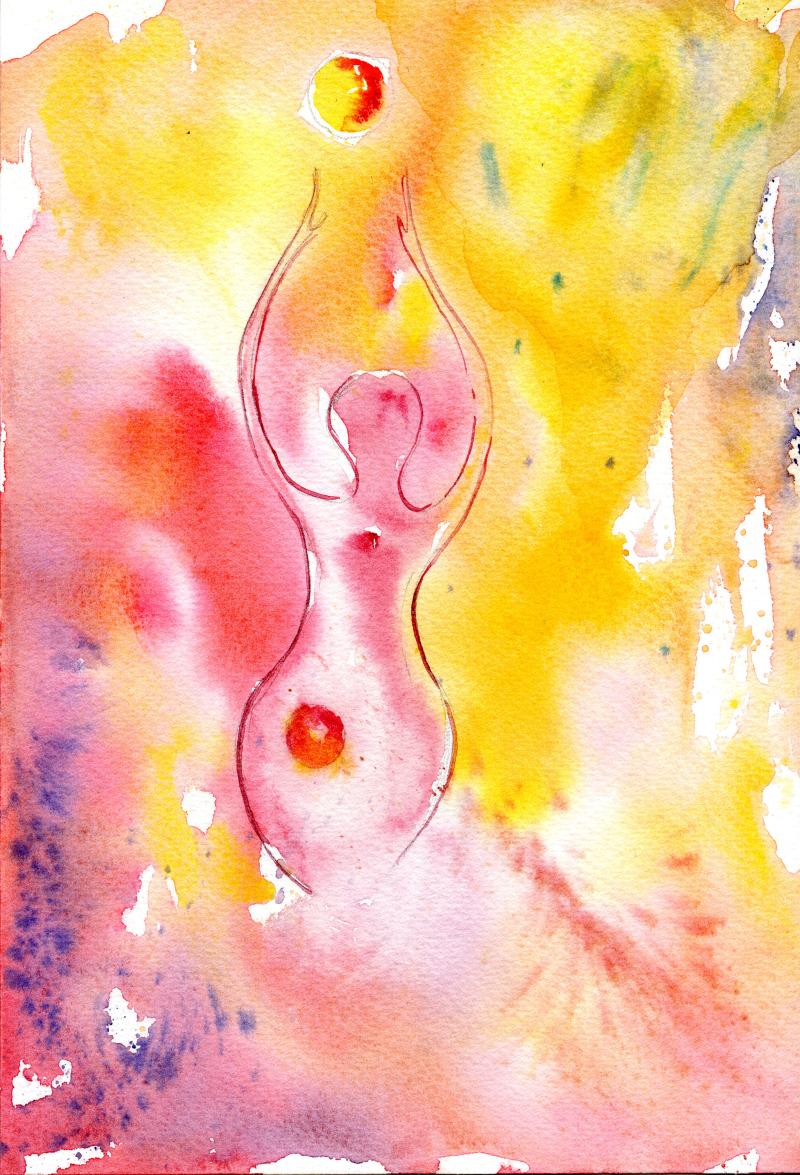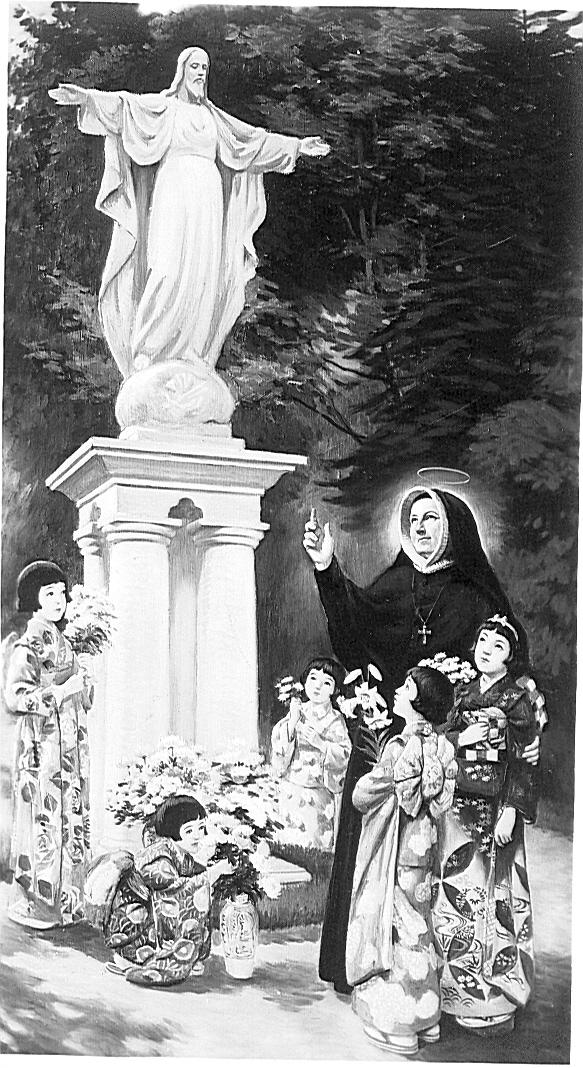The Province of BFN has created a monthly series that presents the life and work of Madeleine Sophie and invites us to follow her bold example. Read the installment for the month of March: A woman working for women.
Important dates
- March 8 - International Women's Rights Day
- March 10, 1807 - Imperial decree authorizing the first organization of the Congregation
- March 19, 1818 - Departure from Bordeaux of the first five missionaries for Louisiana
Madeleine Sophie’s life
Madeleine Sophie was marked by her family environment. Her mother was educated, knew how to read and write, and signed her name. Open to the intellectual currents of her time, she read and shared her readings during meetings with her various acquaintances; she "kept a salon". She loved antiquity, as can be seen in the tapestries of her birthplace.
Her father, on the other hand, was illiterate, but not without culture: this was expressed in oral transmission and the gestures of the trade. Sophie's parents were in contact with all kinds of people, not only craftsmen. Perhaps this is why Madeleine-Sophie would later be at ease with people of all backgrounds, including those who frequented the king's court. Through her own training, Madeleine-Sophie discovered the importance of education for girls, which was very limited at the time, and its influence on the whole family. All her life she worked so that women could have a place in society and so that fairer relationships could be established between women and men.
For prayer
"During those days Mary set out and traveled to the hill country in haste to a town of Judah, where she entered the house of Zechariah and greeted Elizabeth. When Elizabeth heard Mary's greeting, the infant leaped in her womb, and Elizabeth, filled with the Holy Spirit, cried out in a loud voice and said, "Most blessed are you among women, and blessed is the fruit of your womb. And how does this happen to me, that the mother of my Lord should come to me? For at the moment the sound of your greeting reached my ears, the infant in my womb leaped for joy. Blessed are you who believed that what was spoken to you by the Lord would be fulfilled.” (Luke 1:39-45)
"Mary set out and traveled to the hill country in haste to a town of Judah, where she entered the house of Zechariah and greeted Elizabeth”: See Mary's joy as she eagerly sets out on the road to visit her cousin Elizabeth. What good news do we dare to share with those who are close to us? Do we also go out with the same enthusiasm to meet others?
"Blessed are you among women": What a wonderful way for Elizabeth to welcome her young cousin with what is still her secret! I reflect on my own joys, on my ability to share those of others, to listen. What does this sharing produce?
"Blessed are you who believed”: What had been Mary's secret until then is now confirmed by her encounter with Elizabeth and her words: "you are the mother of my Lord". When I have intuitions about serving others, who can I trust enough to talk about them? Who can support me in the projects that arise from my prayer?
From the writings
"It is through women that the future generation must be regenerated.”
(Conference, Feast of Pentecost 1834)
"My sisters, you were born in a time of social upheaval; you must know how to adapt to it, how to come out of it safe and sound, and how to draw others out of it: it is to this kind of vigorous apostolate that we, poor, weak, timid, frightened women, fearful by nature, the Heart of Jesus summons us, under the protection of his divine Mother on Calvary, Our Lady of the Seven Sorrows.”
(Recreation, 1848)
Texts for today
"When we shared our experiences and reflection on the situation of women in our different cultures, the injustice experienced by one half of the human race struck us forcibly. As women, religious and educators, we are involved in this and we feel it is urgent to take action."
(General Chapter, 1988)
"From the beginning of our Society WOMEN were one of Madeleine Sophie’s greatest concerns: their education, their formation, that is, in its wider sense, their liberation. The term ‘liberation’ was not used in her time, and Madeleine Sophie was very much a woman of her time, formed by her culture, the thinking of her day and the political events in her country. However, if we read her writings carefully, we will be surprised, I think, to discover that the liberation of women is part of her rich legacy to us; liberation understood as helping the person to become free, fully human, fully herself, knowing not only her rights but also her obligations."
(Letter from H. McLaughlin, Superior General, March 25, 1994)
"Madeleine Sophie dreamt of women who would take their place in society, sure of which values to stand for; women who would be themselves educators in their own milieu, aware of their own dignity and worth; women who would have the courage to speak and claim their right to be heard; women who would influence their culture. And her dreams have to be ours, and I am sure they are. [And] it would be a mistake to think that to develop our feminine values means to put aside the masculine ones."
(Letter from H. McLaughlin, Superior General, March 25, 1994)
An invitation
Look at Madeleine-Sophie and all the people she has helped to discern and find their way.
- Am I ready, in praying, to listen to the great desires and deep intuitions that I carry in my heart?
- How can I find the means to shed light on them?
- Do I know how to ask for advice?



